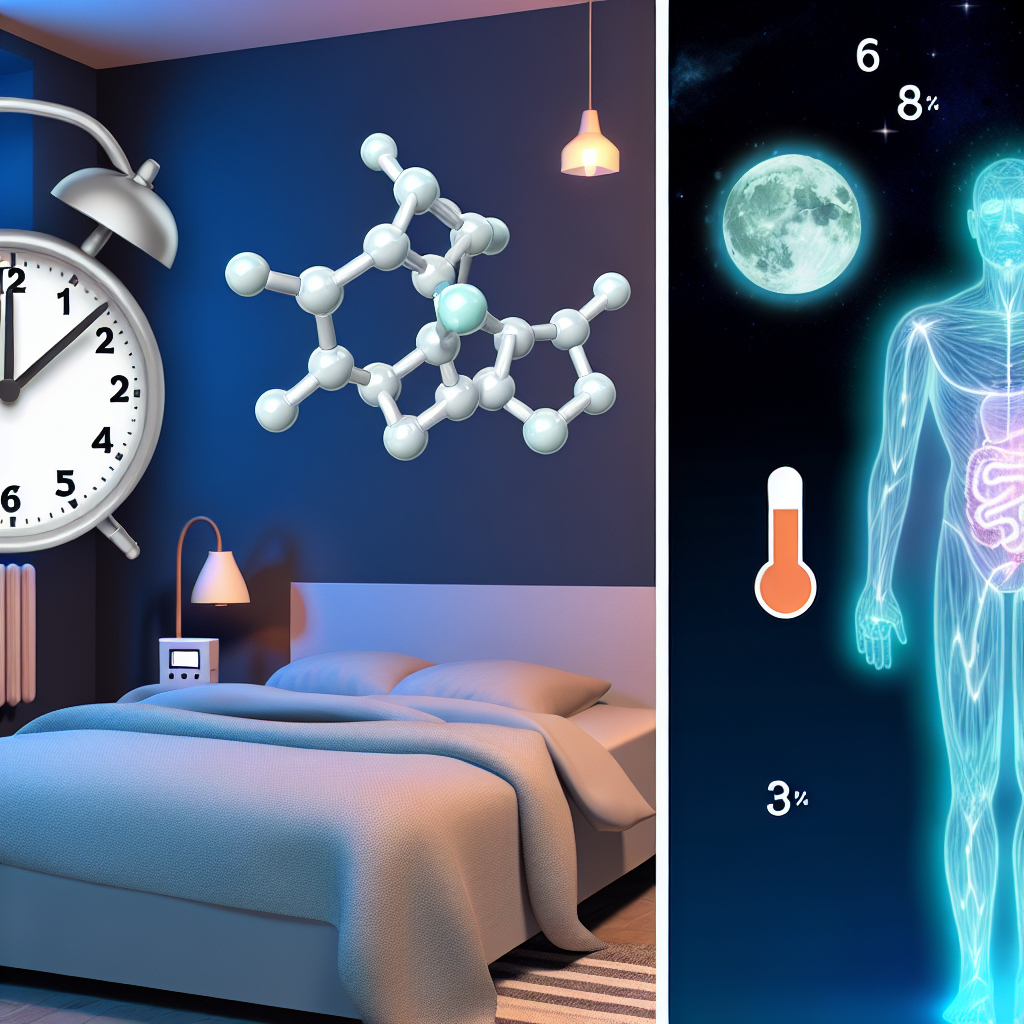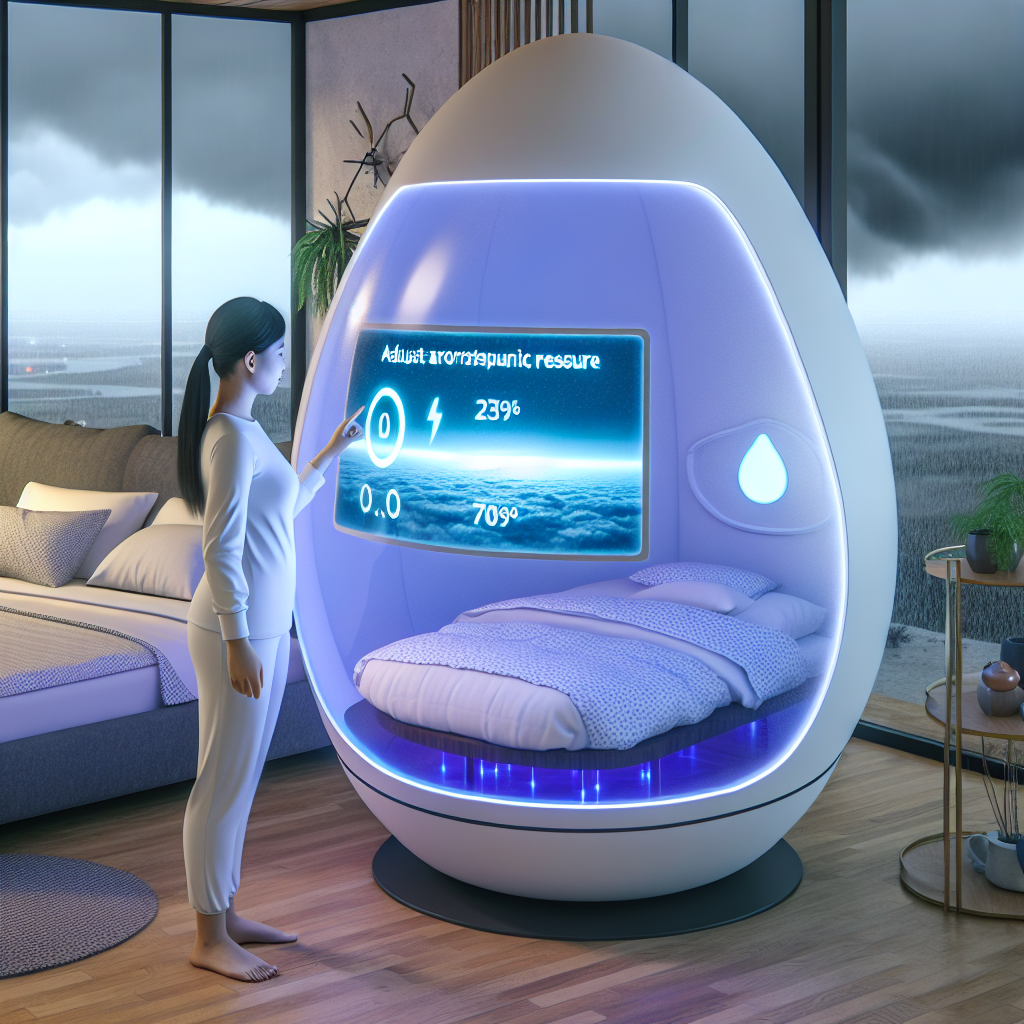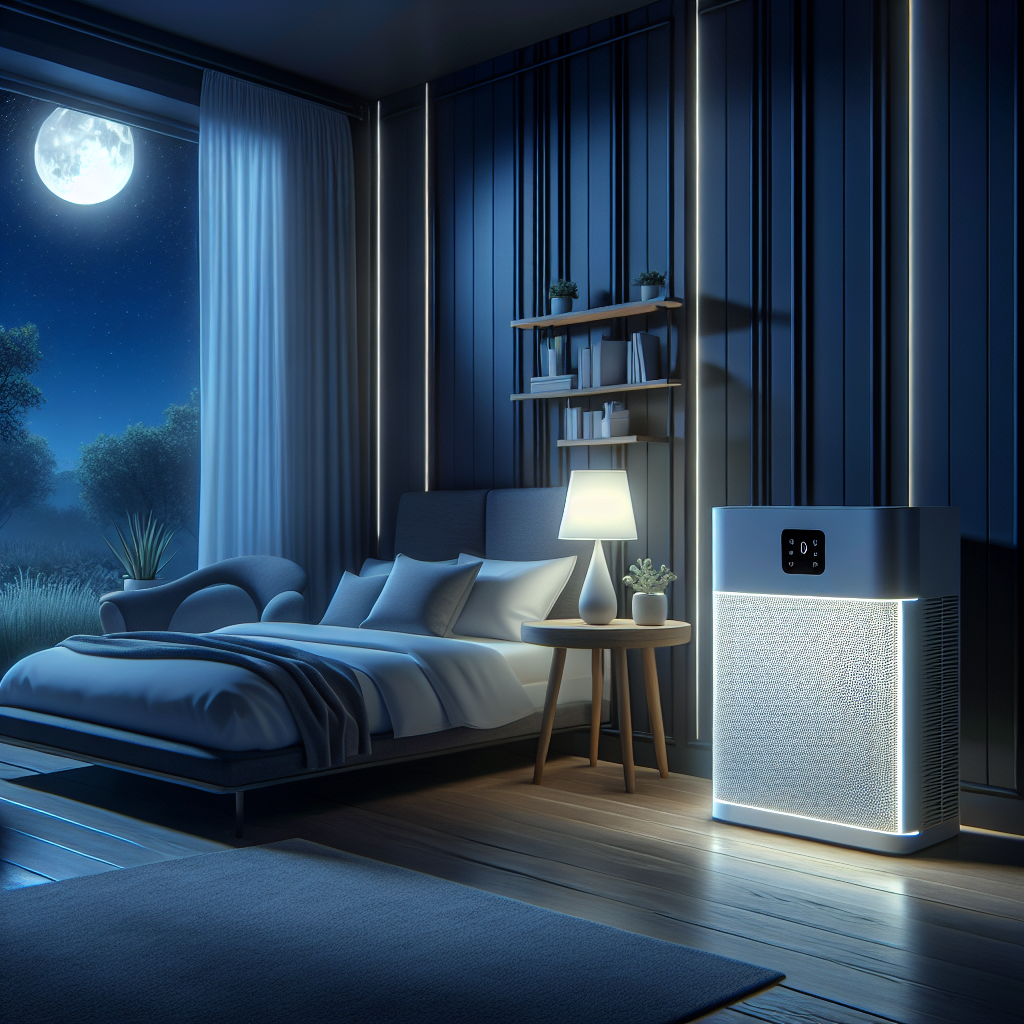Bruxism Solutions: Advanced Night Guard Technology with Sleep Tracking Integration
Introduction: A New Era in Bruxism Care and Sleep Health
Sleep is a cornerstone of well-being, yet for millions of individuals, nocturnal teeth grinding, clinically known as bruxism, disrupts restful nights and threatens long-term dental health. Bruxism, a condition characterized by the grinding, gnashing, or clenching of teeth during sleep, has been associated with various health concerns including jaw pain, headaches, damaged teeth, and disrupted sleep patterns. Recent estimates suggest that nearly 8% to 16% of adults worldwide experience sleep bruxism, though it affects children and teenagers as well.
Traditional night guards have long served as a front-line solution, providing a physical barrier to minimize dental damage. However, advancements in wearable technology and sleep science have given rise to a new generation of night guards that not only protect but also monitor and analyze sleep behavior. These next-generation devices integrate sleep tracking capabilities to offer users critical insights into sleep patterns, bruxism episodes, and overall oral health in real-time.
In the past, identifying and managing bruxism was reliant on self-reporting or intermittent clinical monitoring, often leaving much of the struggle unexplored and untreated. Modern solutions seek to close this gap by leveraging smart technology embedded within custom-fitted night guards. These innovations empower individuals to understand their sleep behavior intimately, allowing for precision-targeted treatments and lifestyle interventions that tackle both the symptoms and root causes of bruxism.
The fusion of high-grade dental materials, biometric data collection, and intelligent analytics is revolutionizing not only the way we approach bruxism but also enhancing our broader understanding of sleep health. Whether you’re an adult battling stress-induced clenching or a concerned parent noticing unusual grinding sounds from your child’s room, the integration of advanced night guard technology with sleep tracking offers a proactive and personalized path to healing.
Understanding these modern solutions is essential for anyone striving for better rest and a healthier life. In this article, we’ll explore the state-of-the-art features of smart night guards, review pivotal scientific studies supporting their efficacy, and help you navigate toward better nights and brighter mornings.
Cutting-Edge Features: How Smart Night Guards Are Revolutionizing Bruxism Management
Today’s smart night guards are far removed from the bulky, generic dental appliances of the past. Leveraging precise 3D scanning technologies, custom manufacturing, and micro-sensor integrations, these devices offer an unparalleled combination of comfort, protection, and data-driven insight.
Leading-edge night guards feature embedded pressure and motion sensors capable of detecting and recording bruxism events with remarkable accuracy. These sensors monitor bite force, frequency of grinding, and even correlate grinding episodes with sleep stages. Connected to intuitive mobile apps via Bluetooth, users can easily review nightly reports, track long-term trends, and receive tailored recommendations for interventions.
A 2020 study published in the *Journal of Oral Rehabilitation* evaluated the effectiveness of biofeedback-based night guards equipped with sensors and found a significant reduction in bruxism events among participants compared to conventional night guards. Participants reported improved sleep quality, reduced jaw discomfort, and enhanced awareness of their nighttime habits ([source](https://onlinelibrary.wiley.com/doi/10.1111/joor.12994)).
Further supporting the effectiveness of smart guards, research in the journal *Sleep Medicine* (2021) emphasized how integrating sleep tracking into bruxism management could lead to early identification of related conditions such as obstructive sleep apnea and generalized anxiety disorders ([source](https://www.sleep-journal.com/article/S1389-9457(21)00137-X/fulltext)). These findings highlight that managing bruxism effectively often means managing broader aspects of sleep health.
Smart night guards also employ machine learning algorithms that get smarter over time, adjusting sensitivity based on individual behavior patterns. Some high-end models currently on the market allow dentists to remotely monitor patient data, providing clinical-grade oversight between dental visits. This ensures that treatment plans remain dynamic and responsive to real-world usage, and adjustments can be made proactively rather than reactively.
Several devices are designed with medical-grade, biocompatible materials that not only prioritize user safety but also increase wearability, crucial for long-term adherence. Features such as wireless charging, long battery life, and antibacterial coatings ensure that high-tech night guards are as practical and hygienic as they are technologically sophisticated.
In summary, the convergence of custom dental craftsmanship and sophisticated wearable technology delivers a solution that doesn’t just shield the teeth but plays an active role in diagnosing, monitoring, and managing the underlying issues contributing to bruxism.
Conclusion: Sleep Better, Smile Brighter with Smart Bruxism Solutions
Bruxism can have a profound negative impact on physical health, mental well-being, and overall quality of life. Modern advancements in night guard technology, particularly those integrating sleep tracking and data analytics, provide a game-changing approach to managing this often overlooked condition. Armed with precise information about their grinding habits and sleep health, individuals can make informed decisions towards reducing bruxism triggers, adopting healthier routines, and protecting their smiles for years to come.
Investing in a smart night guard is more than just a dental strategy; it is a comprehensive health decision. As technologies continue to evolve and personalize the way we approach sleep disorders, the path toward better rest and optimized health becomes clearer and more accessible to everyone. With the right knowledge and tools, restful, restorative sleep is well within reach.
### References
– [Journal of Oral Rehabilitation Study](https://onlinelibrary.wiley.com/doi/10.1111/joor.12994)
– [Sleep Medicine Journal Research](https://www.sleep-journal.com/article/S1389-9457(21)00137-X/fulltext)
– [Sleep Foundation: Overview of Bruxism](https://www.sleepfoundation.org/physical-health/bruxism)
Concise Summary:
Smart night guards equipped with sleep tracking technology are revolutionizing the management of bruxism (teeth grinding) by providing users with detailed insights into their sleep patterns and grinding behavior. These advanced devices employ sensors, machine learning, and mobile app integration to help individuals understand the root causes of their bruxism and adopt personalized interventions for better sleep and oral health.

Dominic E. is a passionate filmmaker navigating the exciting intersection of art and science. By day, he delves into the complexities of the human body as a full-time medical writer, meticulously translating intricate medical concepts into accessible and engaging narratives. By night, he explores the boundless realm of cinematic storytelling, crafting narratives that evoke emotion and challenge perspectives.
Film Student and Full-time Medical Writer for ContentVendor.com




